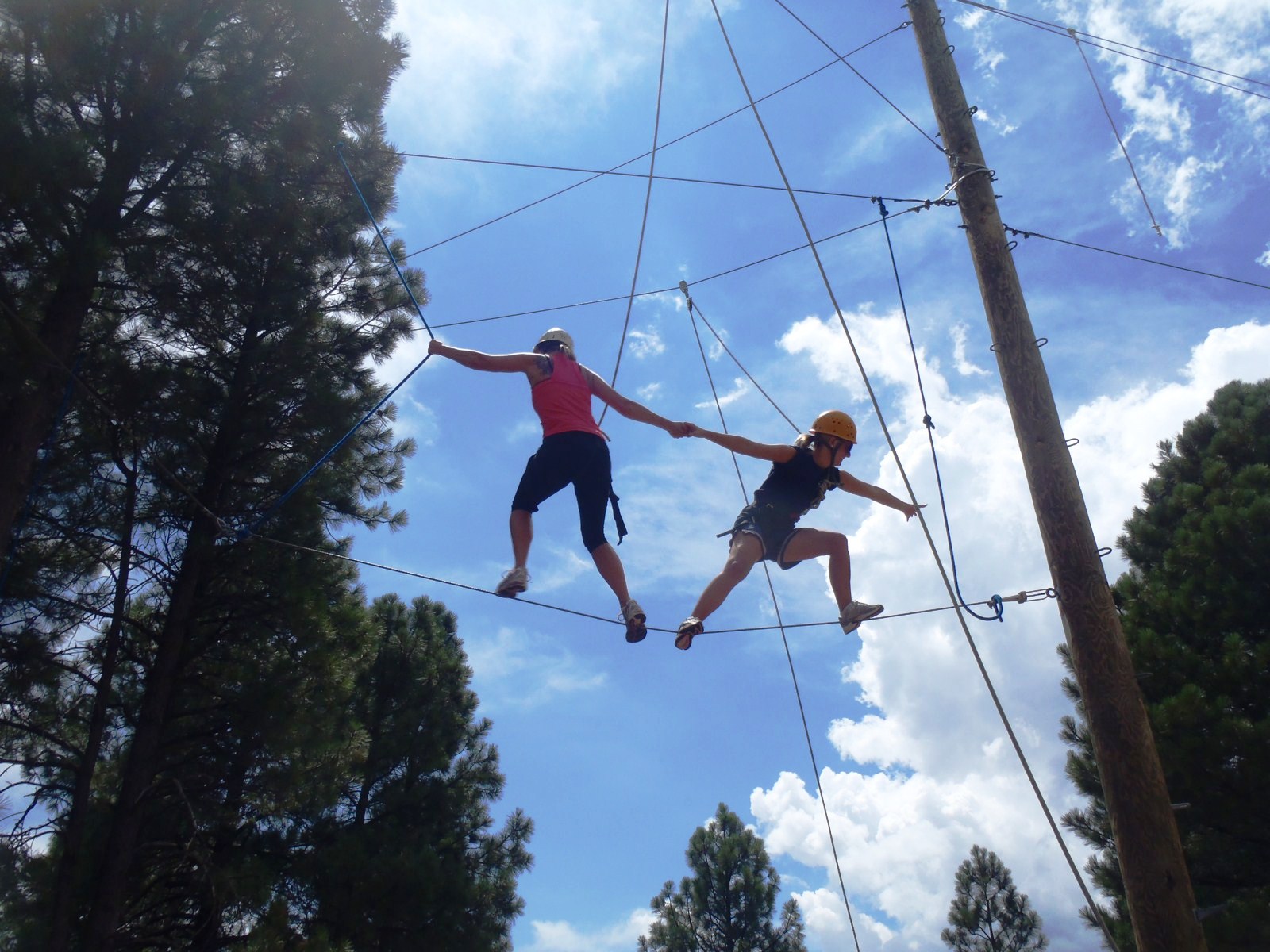Trust: a Scarce Commodity?
 Plenty has been written about how to develop an innovative culture. One word frequently thrown around is trust – something that can be difficult to define and even more so to put into practice. Trust extends in many directions; one must trust and be trusted both on an organizational level and the individuals that make it up. Even in partnerships that are built upon a healthy amount of mutual respect and confidence, there is usually room to improve. Consulting firm Accenture recently posted a report on managing trust, calling it a scarce commodity. The report emphasizes that while trust is often seen as emotional, it is actually quantifiable and actionable. Organizations need to have a solid understanding of how their stakeholders view them, rather than making assumptions, since many leaders overestimate the level of trust others have in their organization. This is best assessed by getting a range of opinions.
Plenty has been written about how to develop an innovative culture. One word frequently thrown around is trust – something that can be difficult to define and even more so to put into practice. Trust extends in many directions; one must trust and be trusted both on an organizational level and the individuals that make it up. Even in partnerships that are built upon a healthy amount of mutual respect and confidence, there is usually room to improve. Consulting firm Accenture recently posted a report on managing trust, calling it a scarce commodity. The report emphasizes that while trust is often seen as emotional, it is actually quantifiable and actionable. Organizations need to have a solid understanding of how their stakeholders view them, rather than making assumptions, since many leaders overestimate the level of trust others have in their organization. This is best assessed by getting a range of opinions.
Because trust is everyone’s job, “Managers and leaders have to make it legitimate for people to share ideas, which means creating a climate where people can trust one another,” says Raymond Miles, author of Collaborative Entrepreneurship. “Trustworthiness extends to equitable treatment. An atmosphere must be fostered where all are so committed to equitable treatment that no one has to worry that, when they ask you a question or for assistance, you will steal or claim ownership of their idea.”
Some questions leaders can ask to do an internal assessment of where there might be issues with trust within the organization include: Do you (an individual or an organization) deliver what you promised when you said you would? Do you manage expectations well? Do you understand your partner’s best interests and work towards meeting them?
As Kevin McFarthing writes on Blogging Innovation, “if you want to be successful at Open Innovation, pay close attention to trust, and ensure your actions don’t give your partner any reason to doubt you. It will make the collaboration run more smoothly.”
Reader Comments
Trust is one human aspect that is to be earned. This is a scare commodity because human is inherently evil and lies all the time.
Posted by Linda on March 28, 2012
on the subject of crowdsourcing, I've just finished reading Scott Klosoky's book (crowdsourced!) called Enterprise Social Technology. was a very worthwhile read, highly recommended.
Posted by Preston Vet on November 9, 2011
In our fast paced society, many loose sight of the truly important human elements necessary for our development and future success. Trust is such an important part of our everyday lives. And, yet it is very scarce, as you point out. We need to build trust in our everyday lives. Remember, how a 'hand shake' could seal a deal?? Where did that go?
Posted by Ann on September 6, 2011
Quote
"An atmosphere must be fostered where all are so committed to equitable treatment that no one has to worry that, when they ask you a question or for assistance, you will steal or claim ownership of their idea."
I've seen this happen before and it is not good. For sure it is far easier to not work at a relationship but instead just stay in your own little world.
Posted by Jenny on August 22, 2011
Trust in any sphere is a delicate thing whether you are looking at personal relationships, business relationships,or whether we trust our governments. (a weak point right now in the USA)
To some degree trust must be granted, no matter how begrudgingly or we can not operate at all no matter what the playing field.
Posted by Ron Hartwell on July 14, 2011
Add your Comment
[LOGIN FIRST] if you're already a member.fields are required.
